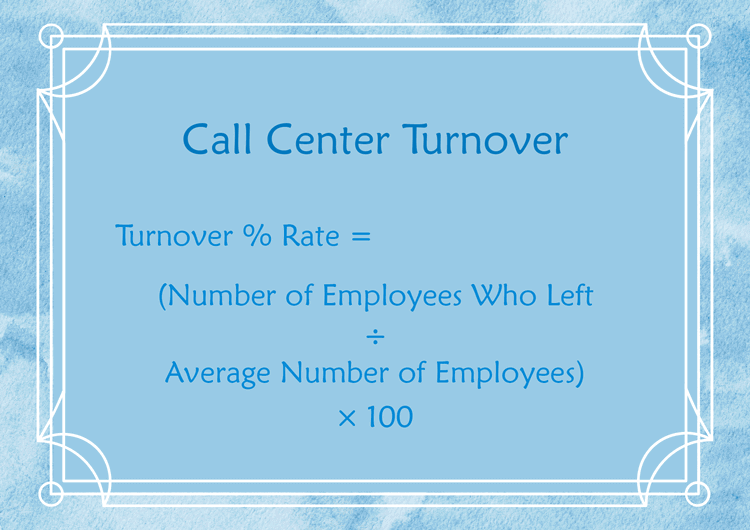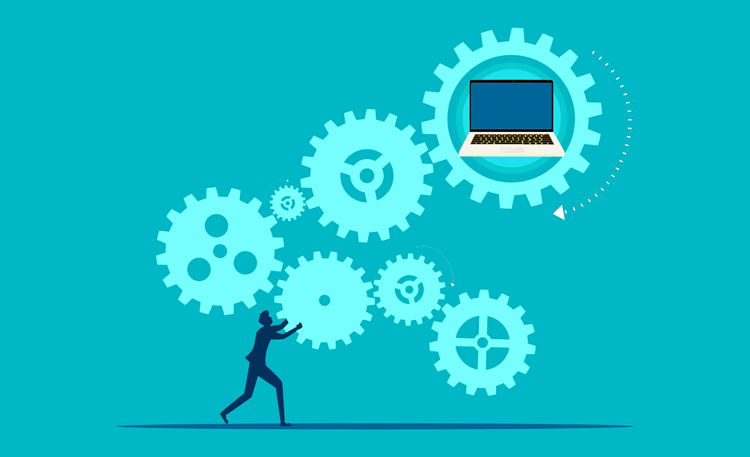IT Service Desk Software: Complete Guide to Features, AI's Effect, Best Practices and How to Choose
When employees hit a technical snag, they need help fast. But without a structured system, requests get lost in email threads, ownership is unclear, and resolution times are anyone's guess. IT teams end up reactive, constantly triaging instead of improving.











